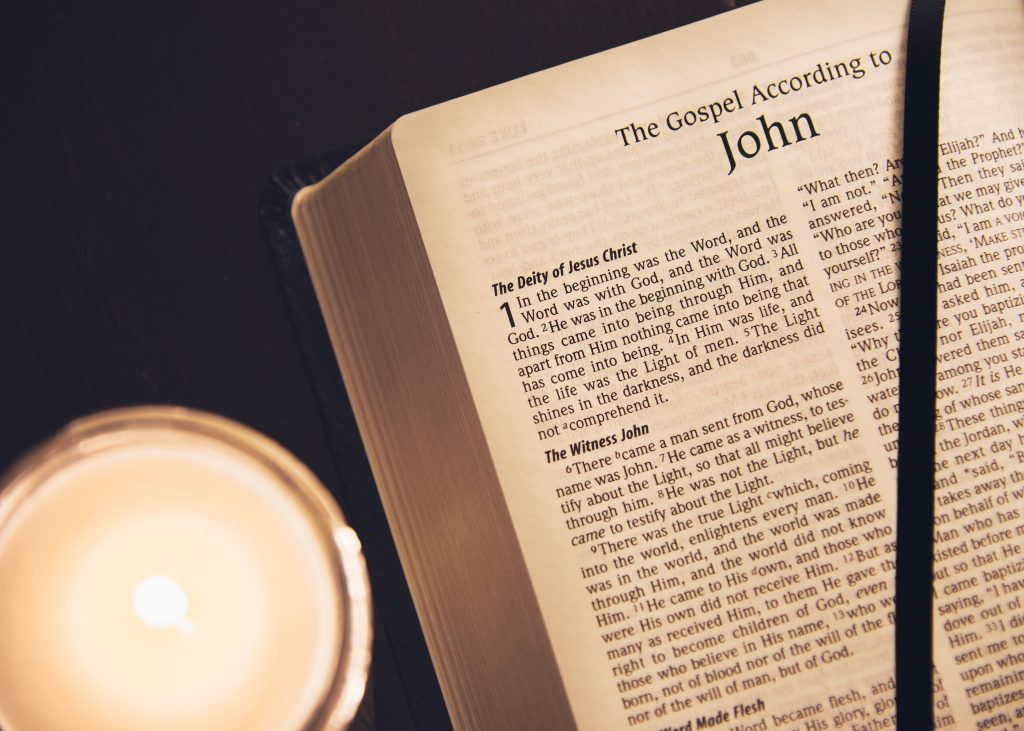“Baptism and the Lord’s supper are two of the greatest blessings that God has given to the church.”
I have heard that exact statement multiple times in my life. I know the men who said those words believe them to be true, but while growing up in the church I lived in a type of cognitive dissonance. While I often heard of the importance of the Lord’s Table and Baptism I rarely heard any teaching on either of them. They were assumed and subsequently relegated. We partook of the Lord’s table once a quarter and rarely if ever spoke of it at any other time. Baptism was always a joy to behold, but it seemed that much of what Baptism is had been stolen by the sinner’s prayer or a public profession of faith.
The dissonance never seemed to resolve. Then I noticed the missing element. I am convinced that we love parts of the ordinances or sacraments but we often overlook the things that make them lovely. I knew that baptism was a command of Christ but I never knew why He commanded it or much less why baptism is beautiful. I knew Christ instituted the table and He intended it to be observed until He returned but why? Where was the beauty? Where was the awe? Why did excellent sermons stir my affections while the Table was a chore? Why did I love the gospel’s transformative power, all the while having my affections cooled as I saw that power in the ordinance of Baptism?
What did I miss? I missed the reality that these ordinances speak. I watched but never listened. I was deaf, and though they shouted, I hadn’t searched the scriptures in a way that allowed me to hear. What do they say?
Baptism
Baptism preaches the gospel, the new birth, washing, our entrance into Christ, and is our public profession of faith. Books could be, and have been written on all of the ways baptism preaches to us but I would like to focus on just one.
Baptism is our public profession of faith. One of the proclamations often overlooked with baptism is a proclamation of judgment. Paul builds this out for us in Romans 6:1-7:4. Throughout this passage Paul literally argues us to death. He makes clear that the just penalty for every soul is death. The Law demands it and God will have it. The death of all evildoers will be had because God is just. In baptism Christians proclaim and confirm their belief that under God’s Law they deserve death. Under the waters they go proclaiming judgment, judgment they know they deserve.
Yet, out they come. Why? Because their proclamation of judgment is also their proclamation of their trust in Jesus’ death and His substitutionary work on their accounts. When we see saints go through baptismal waters we are beholding a proclamation of death and life through death. We see and hear the profession of the Christian, “I deserve to die under the wrath of God, but I have trusted in Christ as the propitiation for my sin. I have died in Him, and I know that if I have died with Him then, and only then, will I live in Him.” Baptism shouts louder than any profession of faith or sinner’s prayer ever could.
The Lord’s Table
The Lord’s table preaches the fulfillment of the Law, The death and resurrection of our Lord, Jesus’ flesh as the new and better veil, the exchange of the cup of wrath for the cup of blessing, our entry into the New Covenant, the fellowship of the saints, the coming return of Christ, the wedding feast of the lamb, and the unique fellowship of the saints of God. Sticking with our theme I’d like to highlight one: the unique fellowship that is found in our partaking of the Table of the Lord.
The reason I want to focus on the fellowship celebrated at the Table of the Lord is because it is brought about only by the other truths the Table teaches. How can people from every tribe, tongue, and nation dine at the same table? This is wholly impossible apart from the finished work of Christ. He ransoms a people with His blood and invites them to His table. He bids people enter through the new and better veil and eat at His table. He offers to a people without number the cup that He blessed. He bids them to see the Passover feast filled full by His delivering a people from sin and death. Jesus says, “Take and Eat,” “Take and Drink.”
This is His table. And His table seats all He has called. So we eat and we drink with a multitude without number, and all of us are well fed and filled with joy, for we are graced by the unique presence of the King of Kings.
This Table teaches us of the unity that can only be found in Christ. Why should this stir the affections? Because as is being demonstrated day after day, nothing in this world can unite people from every tribe, tongue, and nation; yet at the table of the Lord we see true and even eternal unity.
When we see and understand the ordinances in the way that God has prescribed we behold beauty. When we search the scriptures and see how they preach to us we not only see their beauty, but we hear their proclamation. The ordinances proclaim the gospel and when we, the body of Christ, partake of them we share in that proclamation.









